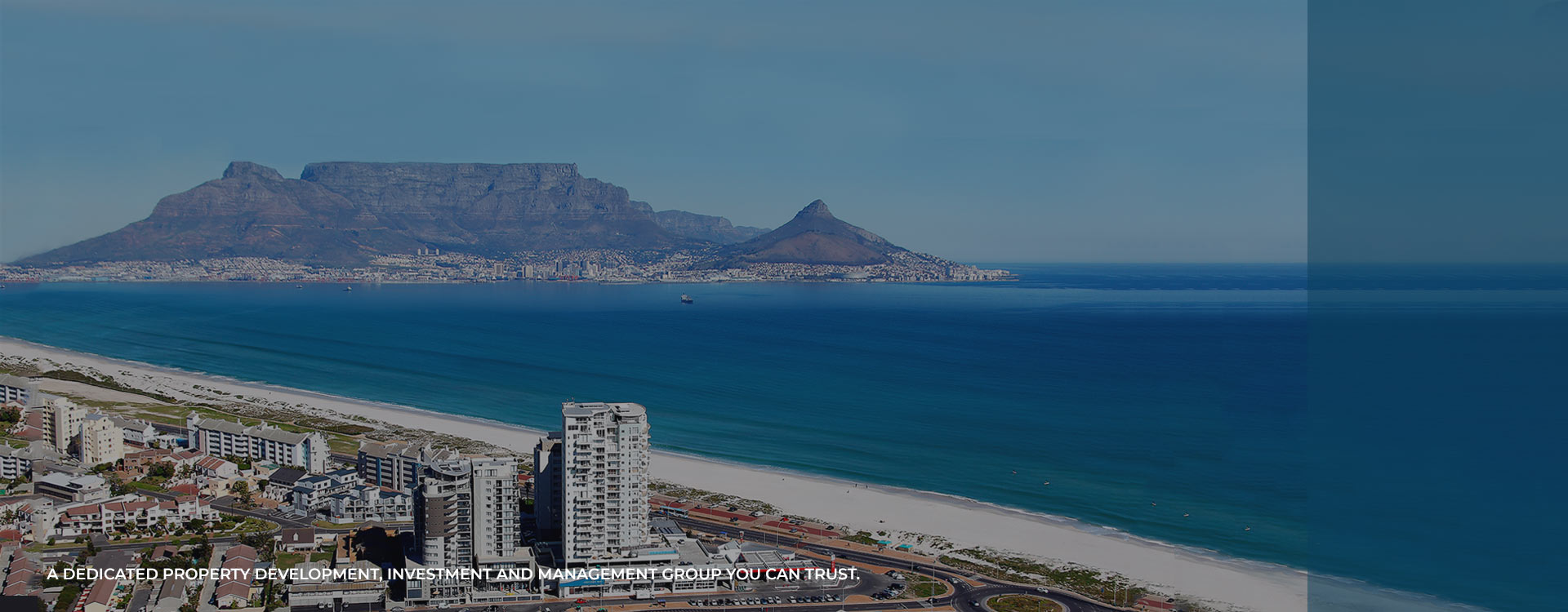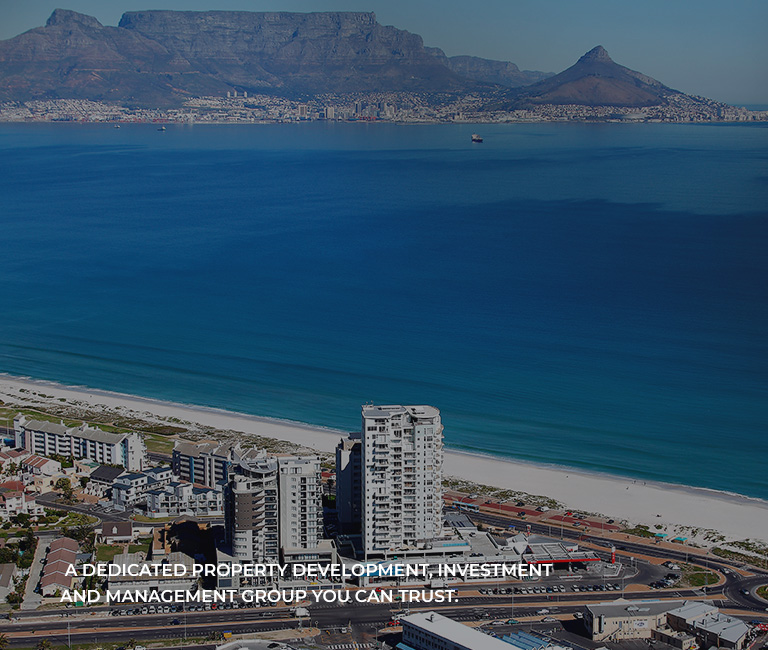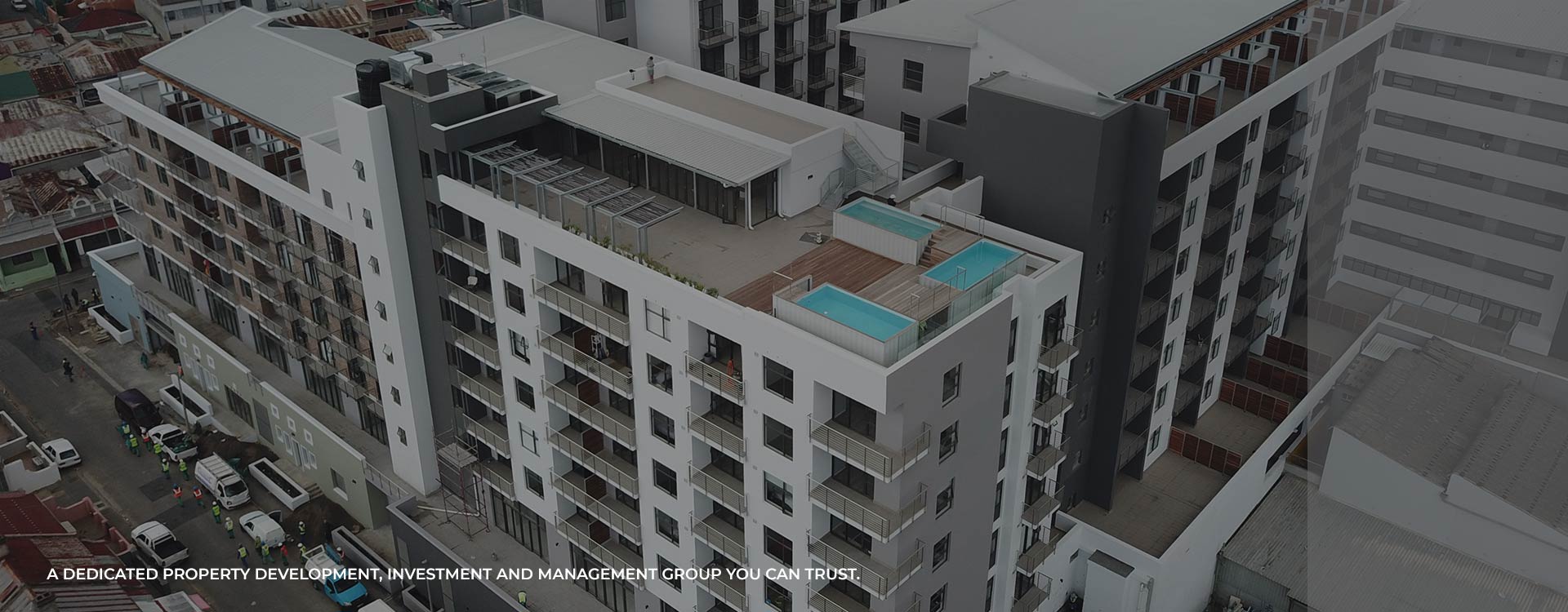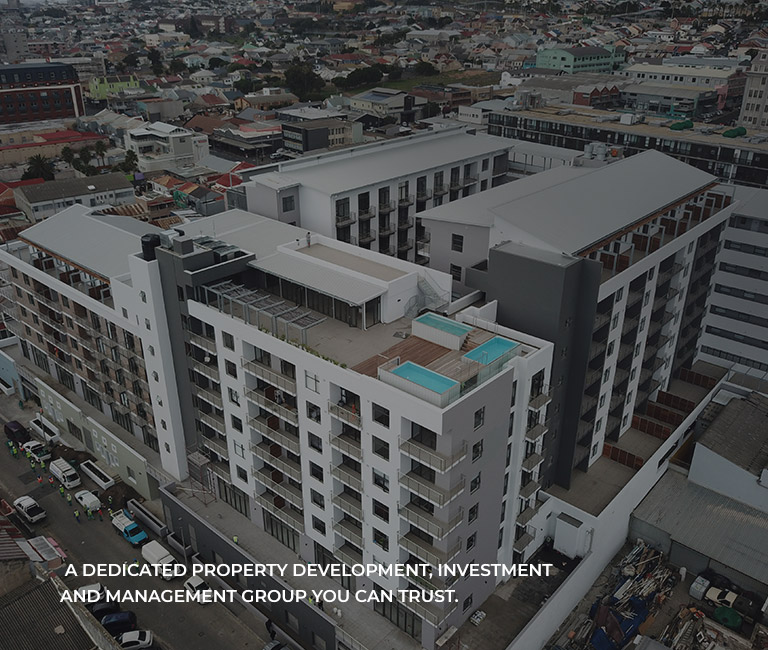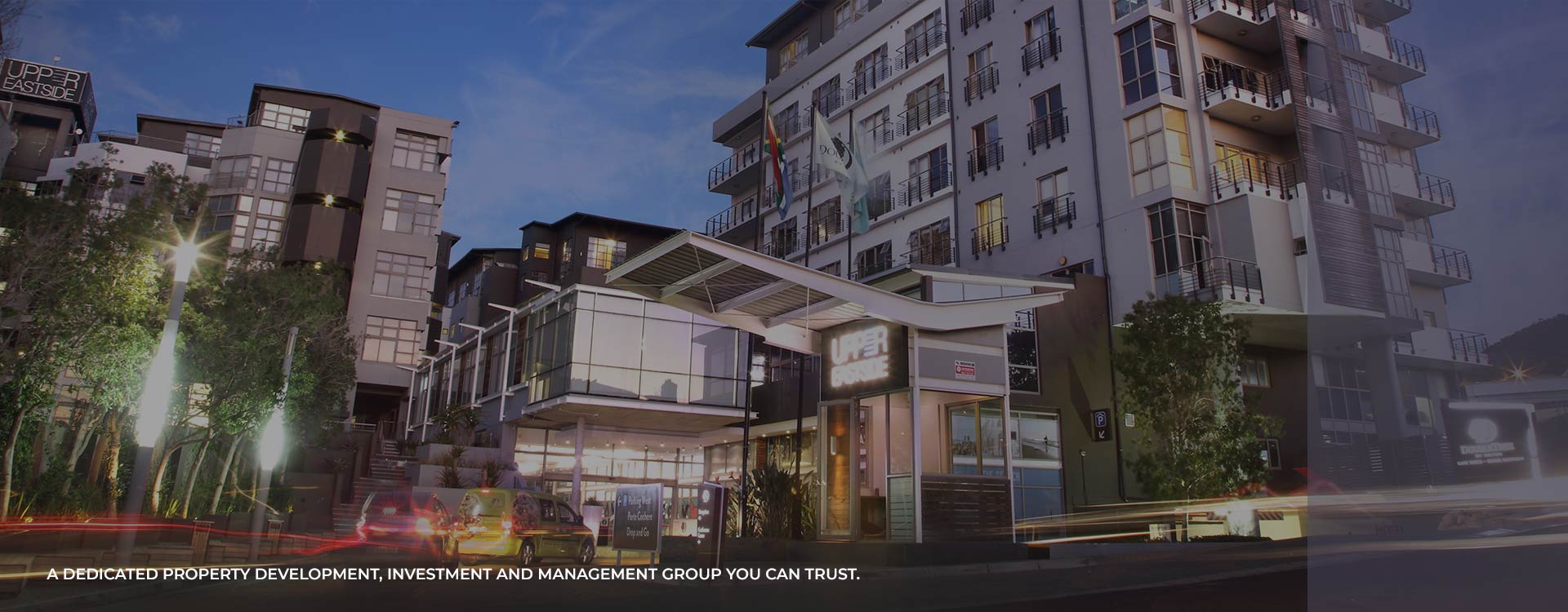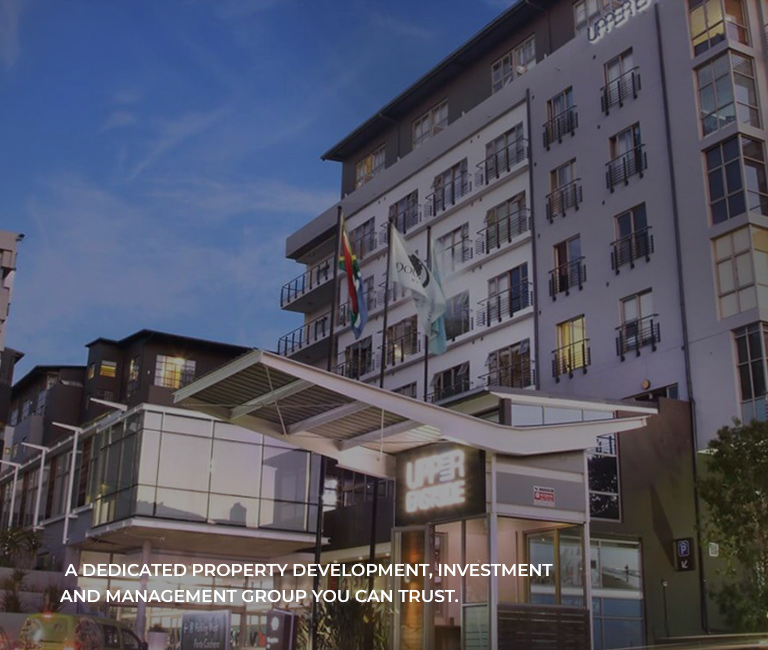Serving new communities
While most Swish developments have until recently been situated in traditional commercial, urban, and suburban hubs, the group is now increasingly identifying exciting new opportunities in burgeoning areas such as Khayelitsha, Belhar, Eersterivier and Klapmuts. The focus is on bringing much-needed neighbourhood convenience centres to residents.
Here, Swish does more than just provide retail space to the country’s major retail chains. To promote local capacity, community cohesion and to stimulate neighbourhood micro-economies, it is also committed to enabling the participation of independent traders, especially those living close by. Neighbourhood contractors are also employed, where possible.
As importantly, the group has prioritised the establishment of healthcare services within these centres, creating the necessary facilities if required. Consequently, for the first time
in their lives, neighbourhood residents now have ready access in some instances, to dialysis and primary healthcare clinics and pathology laboratories. While there, they can also consult doctors, dentists, physiotherapists, pharmacists, and optometrists.
Eco-sustainability
Swish is mindful of the need for all South African businesses to actively decarbonise and meet national and global net greenhouse gas zero targets, while combatting further environmental degradation. Enhancing energy self-sufficiency is also a priority for the group, in that it maintains operational continuity and keeps costs to tenants contained.
Swish has a stake in renewable energy developer Mulilo that has been at the forefront of South Africa’s drive to deliver clean and affordable electricity to the national grid, applying wind and solar photovoltaic technologies.
In erecting structures, Swish gives preference to the use of fully or partially recycled materials where it can, and sources locally as far as possible.
It also applies energy-efficient and water-saving technology to reduce the footprint of its buildings and already closely monitors performance in real time in many of its developments. Thermally activated heating and cooling systems, central heat exchanges to deliver required thermal conditions with the minimum consumption of resources, and solar-sensitive glazing ensure a substantial reduction in energy use and operating costs, especially for heat ventilation and air-conditioning, with no cost to comfort. In the case of heritage structures, where minimal structural alterations are permitted, nimble and imaginative solutions are found to curtail impact.
Woodstock Quarter, a mixed-use development close to the centre of Cape Town, is entirely water self-sufficient, thanks to the identification of an underground water source Once purified through reverse osmosis, the water is fed into the building – one of many examples of how Swish seeks to operate as eco-sensitively as possible.
Where location permits, buildings, complexes, and campuses also feature indigenous garden areas to provide “green lungs” where people can congregate in shady, beautiful, and tranquil surroundings.



